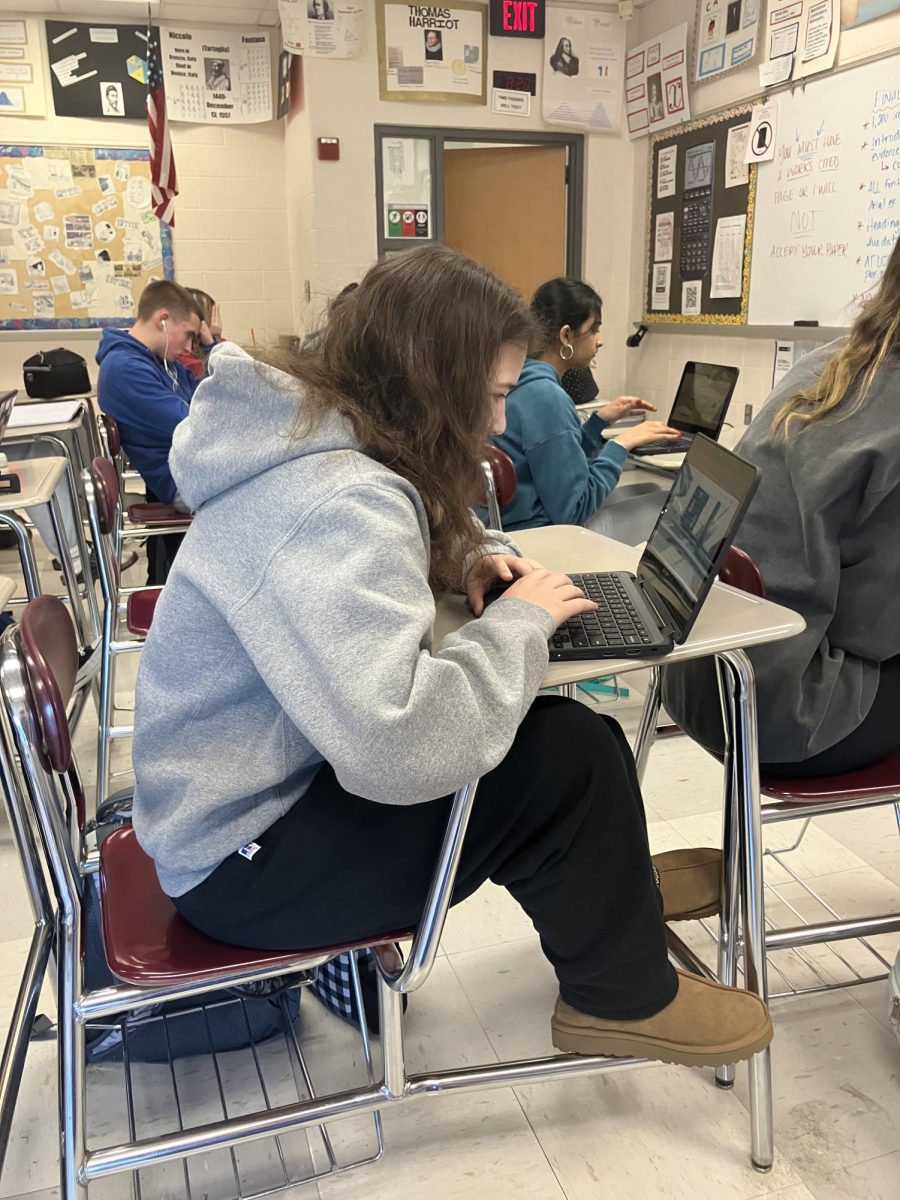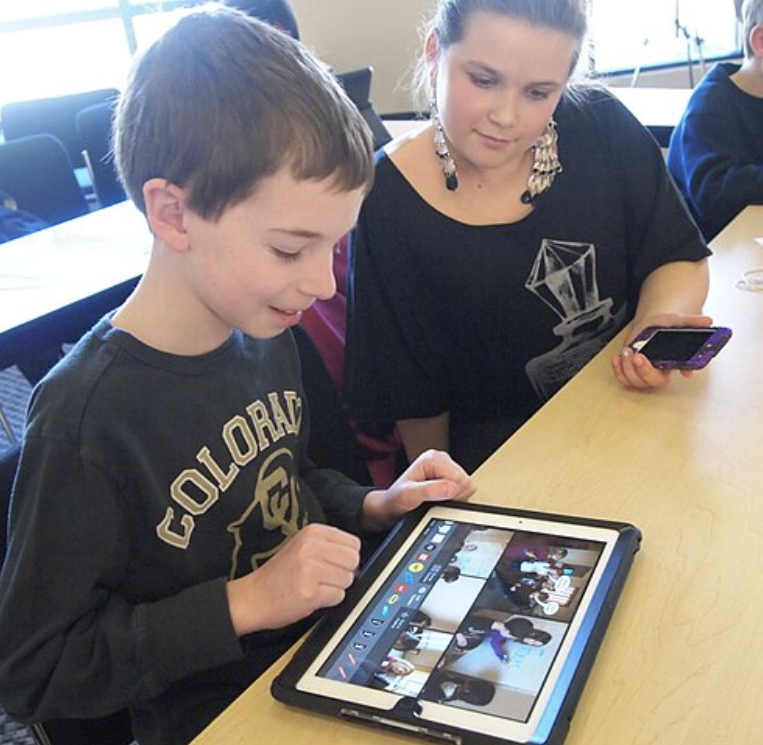Though technology may seem like a harmless way for people to communicate and share their lives, it can leave a lasting impact on the ways children develop as they grow. Technology by itself can have many benefits, such as making it much easier for children to contact their parents and learn new information, but it becomes damaging to a child’s brain once they begin using social media. According to National Library of Medicine, most children in the US have made their own social media accounts by 12.6 years, but brain development continues on until the early 20s. Since COVID-19, children have become much more involved in the online world, and can be found on almost any available social media. There are many reasons for this: the too-easy-to-make accounts, wanting to be like older teens or young adults, and general boredom at home.
Many children have at least one social media account, but some even go as far as to have multiple for the same platform. This is due to the lack of monitoring over who makes an account. When a person joins a social media, they are only required to give limited information about themselves, which can be easily falsified, and because of this, children can easily create their own accounts without anybody knowing.
Most kids that choose to join social media do so because they want to know what is popular among both their peers and those older than them. Pop culture and modern slang are both big parts of life today for older teens and young adults, but not all of it is appropriate for children. Most of popular media is intended for more mature audiences, and when kids start to get involved, they begin to learn things that they do not understand or should not know at a young age.
Another major cause for the flood of children taking over social media is the lack of other things for kids to do. The world has changed from the days when kids could bike wherever they wanted without worry from their parents, and now, aside from their own backyard, there are not many safe places kids can go without their parents, so most simply choose to stay home. With not much else to do within their houses, children turn to the internet to cure their boredom.
One of the biggest lasting effects of social media on anybody, but especially children, is the impact it leaves on their mental health. Kids, just like adults, experience emotions like jealousy and envy, and when they are constantly viewing the perfect lives of others online, these emotions can come in tidal waves. Jealousy, however, is not the only reaction children can have to the online world. Depression and anxiety can come at any age, and children become much more vulnerable once they begin to inhabit the internet.
Most of the growth a person experiences in life comes during childhood, and the use of social media can affect this development in negative ways, specifically mental growth. Scrolling addiction is just as damaging to children as adults, if not more so.
The effects of social media, however, are not only seen at a widespread level. Many Parkland students report having negative experiences online, even in middle and elementary school. Josh Dimler (10) told The Trumpet about his online encounters, stating, “I saw way too much adult content. The internet is not a safe space for iPad kids and should be for older folks.” While the overall effects of social media may be positive, it is simply not a place for children and should be treated as such.
This article previously ran in the April print edition.










